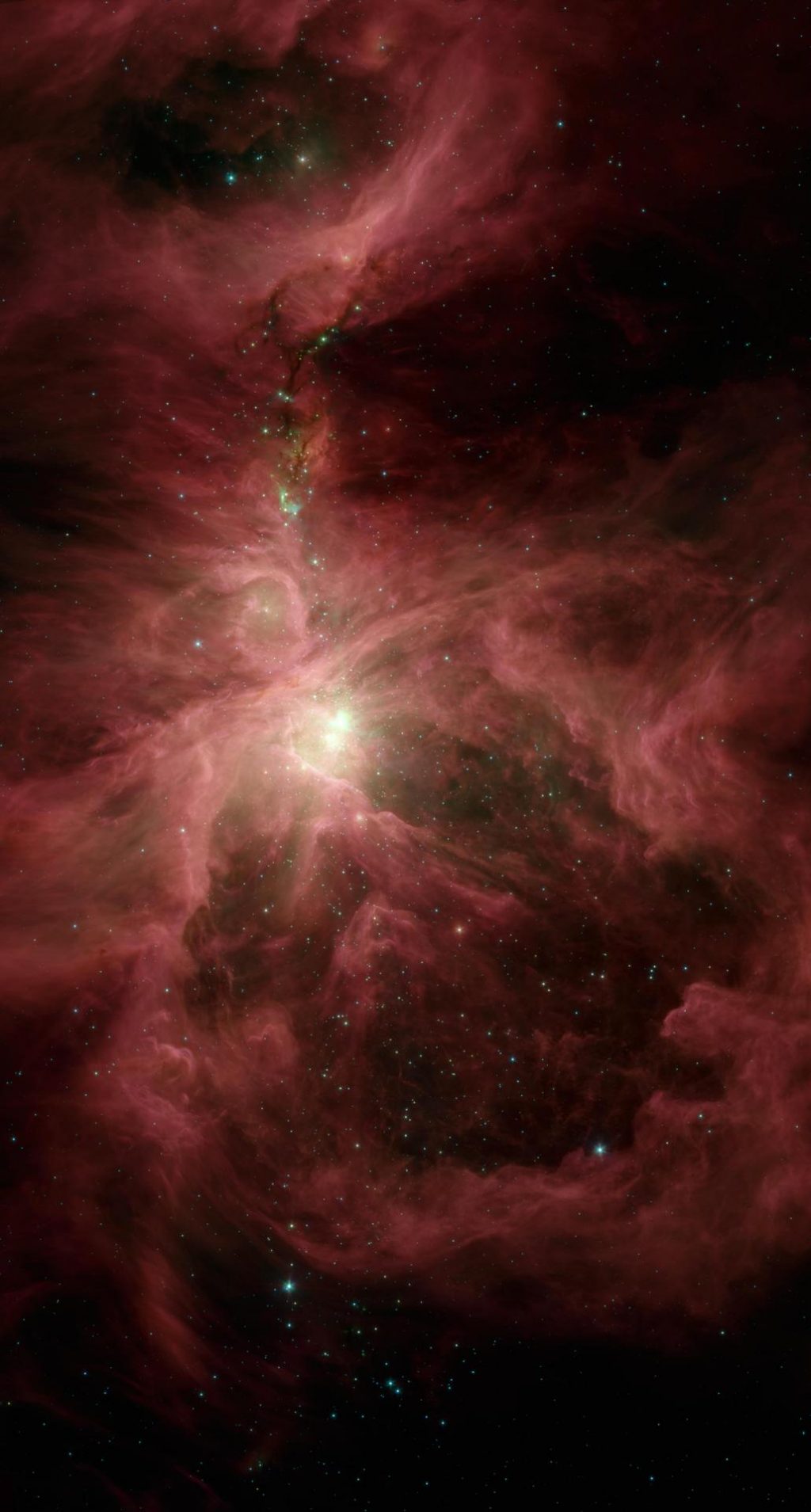An Astrophysicist Answers Your Questions About Black Holes, Supernovae and Neutron Stars
Learn the secrets of some of the most mysterious phenomena in space this Thursday, February 27, at Hopcat in Detroit

Learn the secrets of some of the most mysterious phenomena in space this Thursday, February 27, at Hopcat in Detroit.
Wayne State Astrophysicist Ed Cackett will help you explore the university’s latest research on the physics of black holes and neutron stars, both some of the most compact objects in the universe.
Neutron stars, for example, says Cackett, are some of the densest.
“The material inside [a neutron star] is denser than an atomic nucleus. The equivalent is crushing down the entirety of humanity into the size of a sugar cube.” – Ed Cackett, astrophysicist
Cackett also studies black holes, one of the most misunderstood physical phenomena in popular culture.
He says, with Wayne State’s Dan Zowada Memorial Observatory in New Mexico, he and other researchers can look at how objects fall into black holes, specifically, by measuring the light that’s emitted as they fall past the event horizon.
Click the player to hear CultureShift’s Amanda LeClaire talk with Cackett about his research and how popular culture often gets astrophysics wrong.
Support the news you love.
Here at WDET, we maintain our journalistic integrity through independent support from readers like you. Because you value WDET as your source of news, music, and conversation, please make a gift today.


